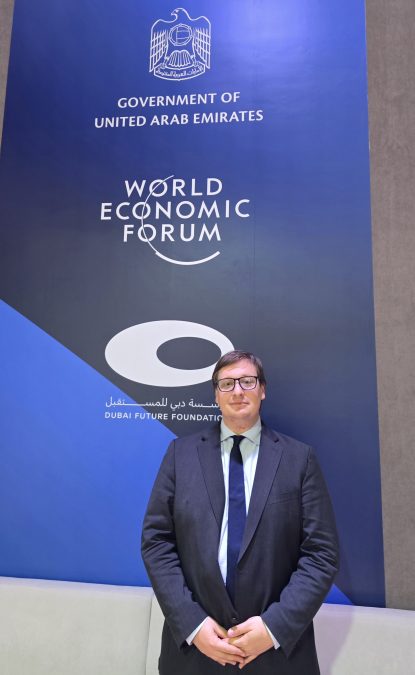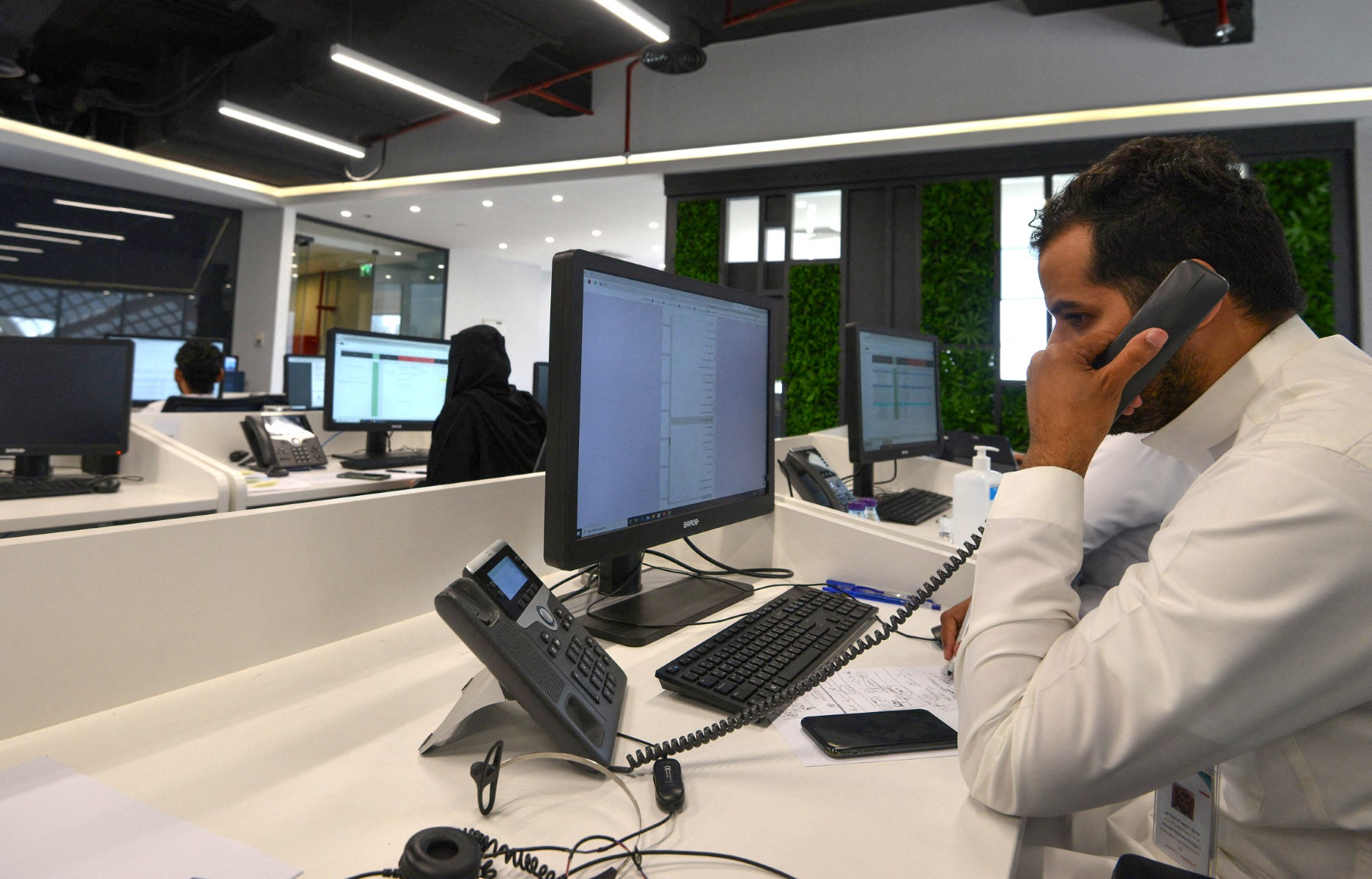Dubai, UAE — There is an urgent need for reskilling workers to meet the evolving demands of tomorrow’s economy, according to a knowledge and skills expert from the World Economic Forum (WEF).
Speaking to TRENDS MENA after WEF’s Annual Meeting of the Global Future Councils 2024 in Dubai, Till Leopold, Interim Head of Knowledge Communities at WEF, highlighted the critical skills gap industries must address over the next five years, focusing on a combination of technology and people-first competencies.
Around 500 global leaders part of 30 Global Future Councils came together in Dubai last week to explore topics such as AI, economic inequality, inclusive and sustainable growth, climate emergency, energy transition and geopolitical tensions as well as enforcing pathways for trust building and global collaboration.
Technology literacy, especially around AI and emerging technologies, and human-centric skills like creativity and problem-solving, are the two main areas of pressing skills gaps that industries need to address, Leopold said.
“You don’t need to be a software engineer, but having a critical understanding of what technology can and cannot do is one set of skills,” he noted. The future, he believes, will require a balanced combination of these technological and interpersonal skills.

Such skills are embedded in the reskilling for the future roadmap. With the fast pace of change within the job market, collaborative efforts from governments, employers, educational institutions and learners become essential.
“Collaboration is absolutely crucial. The learning (programs) and the skilling need to be demand-driven. Employers themselves really know best what skills they will need,” he said.
“It’s equally important to make learning people-centric. We really need to empower people and enable people to take charge of their own learning journeys.”
Some parts of the world are leading the transformation toward the Intelligent Age. This begs the question: Which regions in the world are seeing the most success with reskilling efforts that can be shared and applied in other parts of the world? Leopold points to Singapore and the UAE as two examples.
“In Singapore, there’s really a very collaborative system between the government, between employers, and then they have a very targeted annual grant for the entire population, essentially, to do targeted learning and upskilling,” he said.
Taking the point further he highlights the UAE’s approach as “impressive”, defining key national skills and raising awareness across the population.
“Here in the United Arab Emirates as well, I think it’s been quite impressive for what we have seen over the last few years, whether it’s different national human capital development strategies and defining actually what the key skills are and then really also raising awareness across the entire population of what will be these key skills,” he said.
Asked to provide insights on the impact of Artificial Intelligence in creating equitable growth and its role in bridging the gender gap, Leopold offers a cautious and optimistic viewpoint: The future impact of AI depends heavily on the decisions made today in terms of policy, design, and investment.
“I think when we talk about AI’s impact on the economy, on jobs, it’s important to understand that this is not something like an external force or a natural disaster. It is really the design decisions, investment decisions, policy decisions that we’re making right now that will shape what will happen in this space. We have control over this,” he asserted adding: “There’s a critical time window now before AI really does become too advanced. It is absolutely crucial number one (priority) to look at the skills question and scaling for people of all backgrounds.”
Leopold pointed to the gender gap in AI, where women are underrepresented both in STEM (science, technology, engineering and math) courses and in the general use of AI technologies. “Before this becomes too big of a deal, let’s proactively address it,” he urged.
Leopold highlighted the potential impact of AI on labor and workforce productivity, outlining two possible pathways. He explained that the inclusive adoption and development of AI could either lead to the replacement of workers or augment human skills.
“The low road is essentially just designing AI in a way that it will replace workers directly to save a bit of cost here and there. But the high road could be… you could really design this technology to essentially augment human skills and enable workers across the skills pyramid, across all backgrounds to do things they could never do before. There’s this huge potential of really developing this technology in this way, but that is not a given,” Leopold explained.
Asked to identify the sectors most likely to experience the greatest transformation due to AI and automation in the reskilling space, Leopold is quick to point to energy demand driven by AI. He noted that this will lead to significant job creation, particularly in sustainable energy generation.








